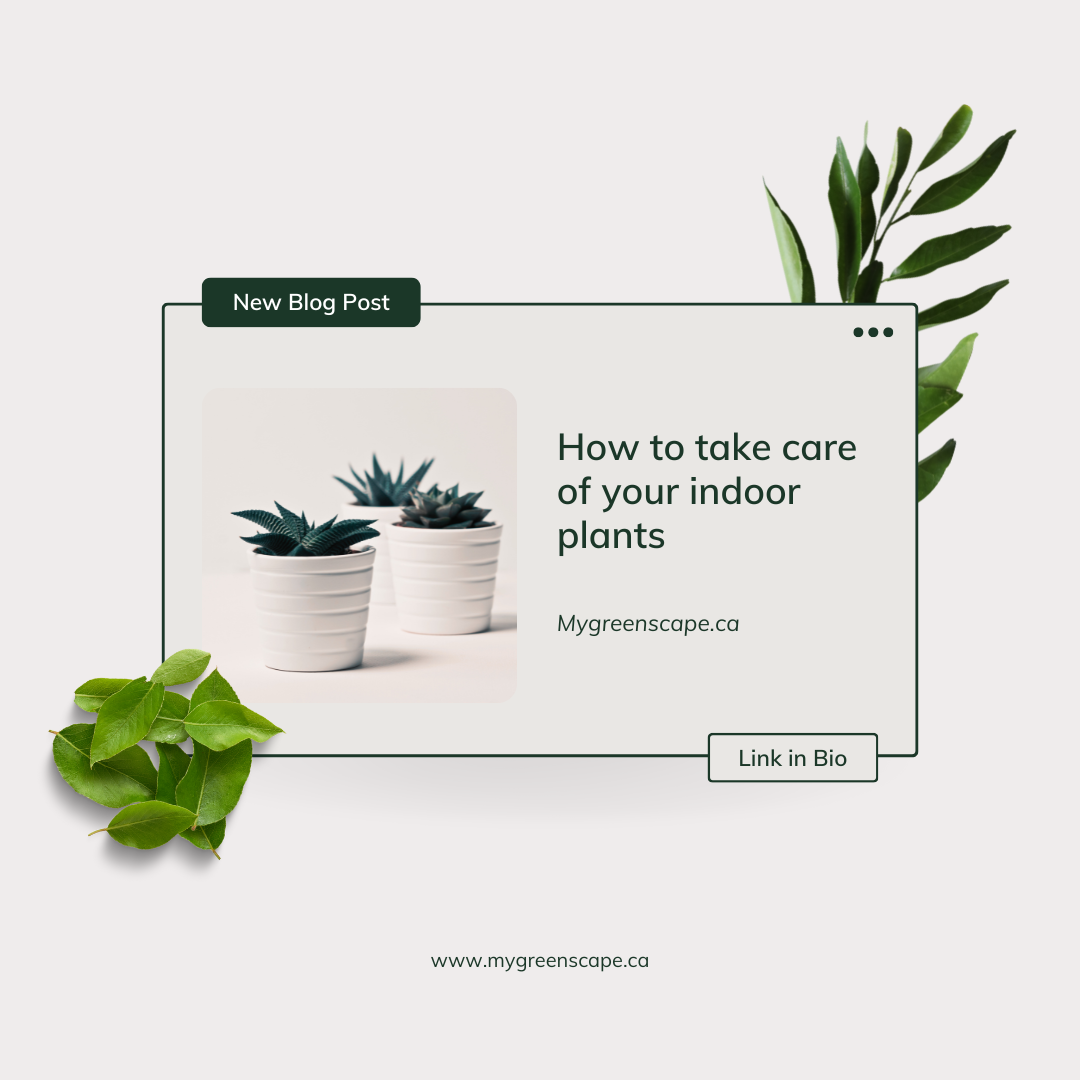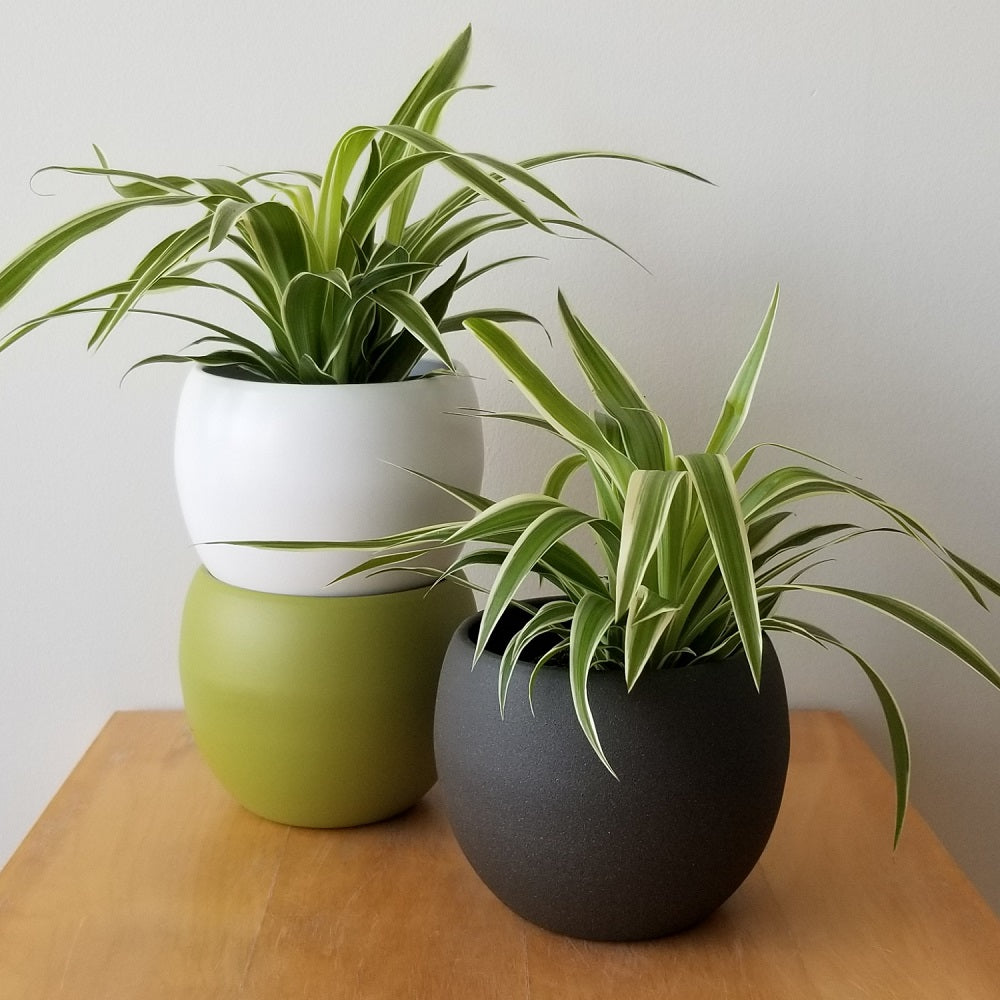
Simple Tips and Tricks
Caring for houseplants may seem intimidating, but it doesn't have to be! From proper watering and light needs to nutrient and pest solutions, this article offers simple tips and tricks that will help you keep your plants looking beautiful and healthy.
Provide the Right Amount of Water.
Properly watering your houseplants is one of the most important aspects of caring for them. Watering too much or too little can cause them to suffer and even lead to death. To ensure your plants don't suffer any dehydration, it's important to water them just enough. Err on the side of caution and make sure that the soil doubles in moisture before watering again. Additionally, avoid using tap water if possible and opt for filtered water, as tap water contains a few levels of dissolved minerals that may harm your plants' leaves over time.
Give Ample Sunlight and Temperature Control.
To ensure that your houseplants get all of the necessary light, set them in spots near a window or other source of indirect sunlight. Aim for four to six hours of semi-direct sunlight and avoid direct sunlight for too long, as it can burn their leaves. Additionally, when caring for houseplants, consider temperature control. Temperature fluctuation causes stress in houseplants and excessive heat could cause desiccation too or prevent photosynthesis from taking place. Set your plants in stabilized temperatures ranging between 15- 24°C for optimal growth.
Fertilize Regularly.
In order to flourish, houseplants require fertilization—a process which helps replenish nutrients in the soil for maximum growth and health. Depending on the growing season, apply a gentle liquid fertilizer or water-soluble pellets to your plants biweekly. Doing so will help your plants take up the necessary vitamins and minerals they need to thrive. Follow the directions provided with your fertilizer and dilute it according to package instructions to ensure that you don’t use too much or burn your plants’ roots.
Learn About Pruning and Repotting Your Plant.
One essential step of caring for a houseplant is pruning. Pruning is used to promote healthy growth and shape, but it also frees up more space in the soil so the roots can take up nutrients more easily. If your plant becomes root-bound, consider re-potting. Take care when you do this, as it is easy to damage or even kill your plant if you don’t handle it correctly; be sure to use a pot with good drainage so that excess water can escape through the drainage holes in the bottom of the pot.
Improve the Drainage System for Your Plant's Soil or Potting Mix's
Improving the drainage system of soil can help your plants grow better as excess water will be able to escape from the roots. You can use small pebbles or potting sand to improve soil drainage, as well as add compost for extra nutrition. Before adding any materials, examine the bottom of the pot for drainage holes and make sure these are clear and unobstructed. Alternatively, you could switch your plant into a more suitable pot with more suitable drainage systems.

